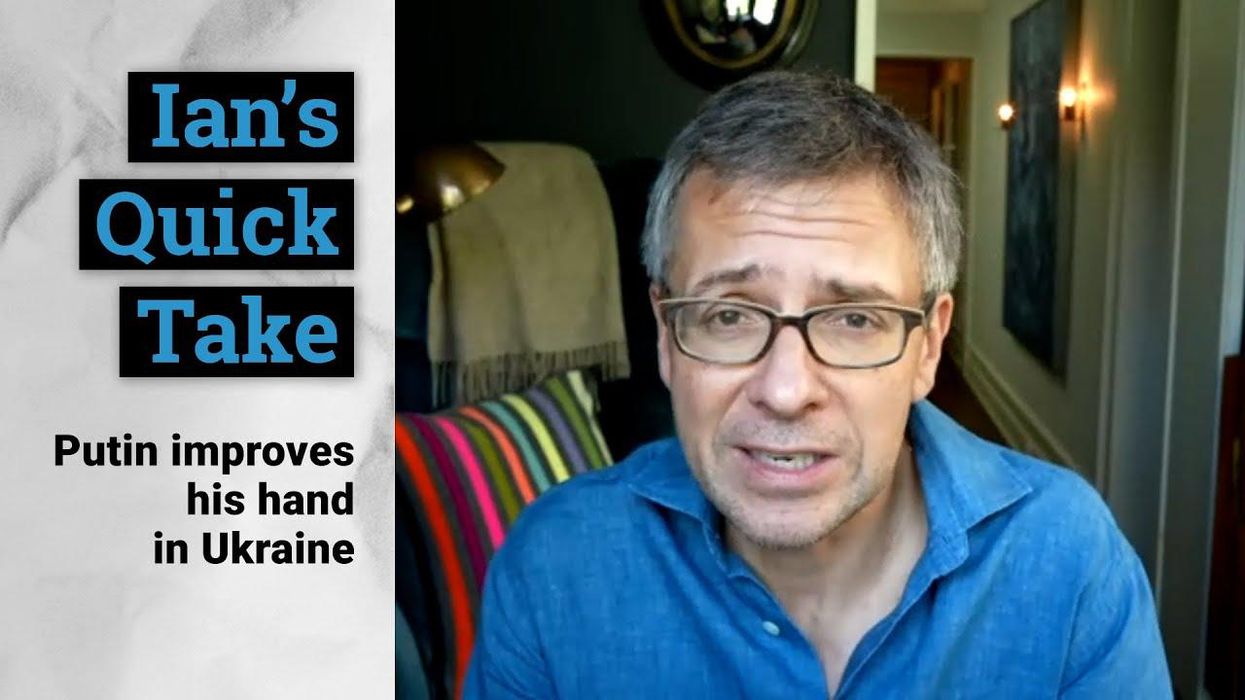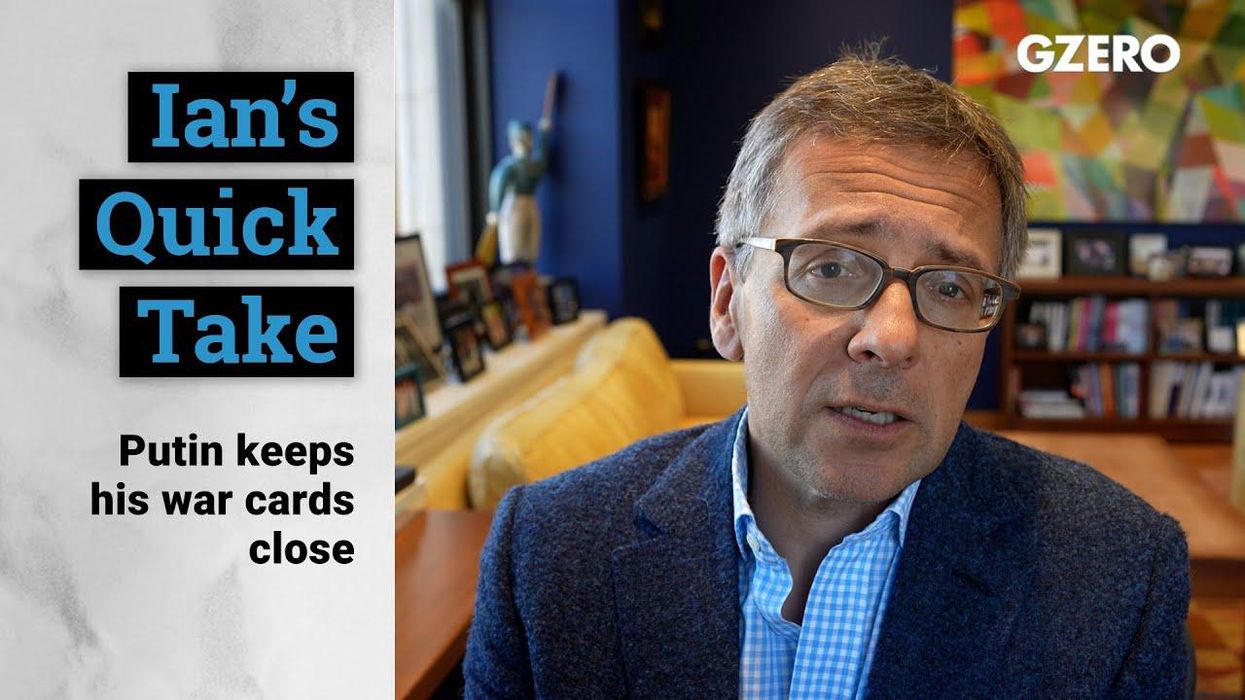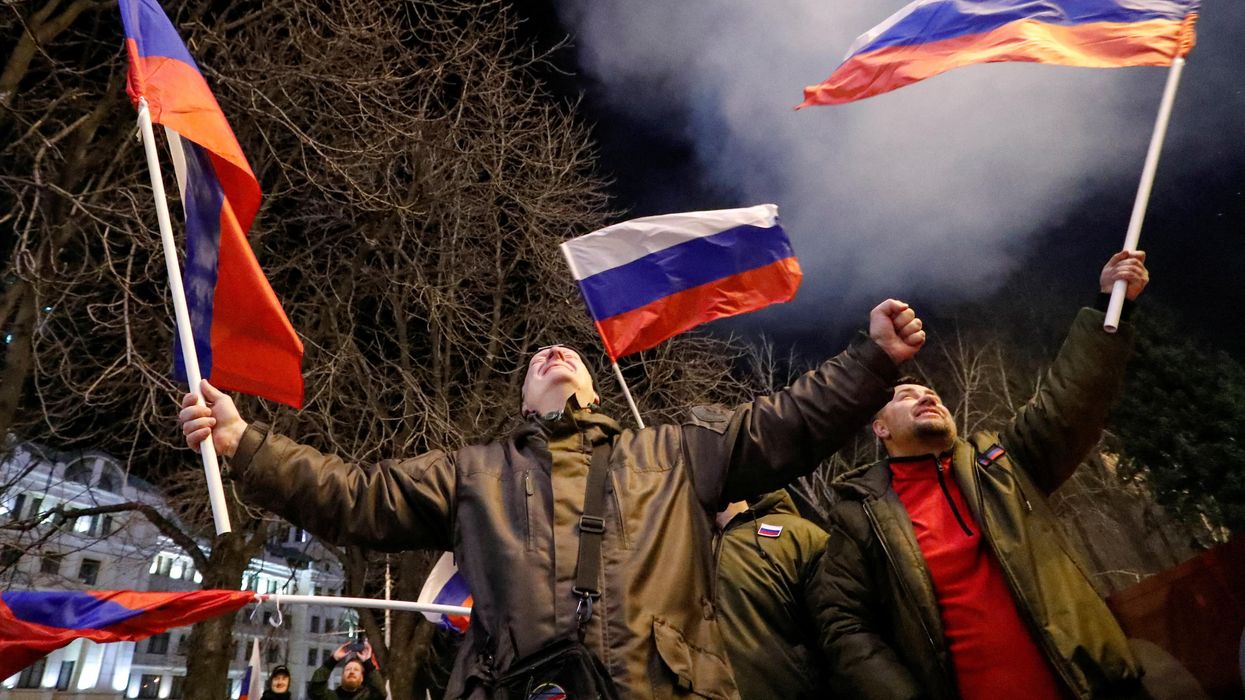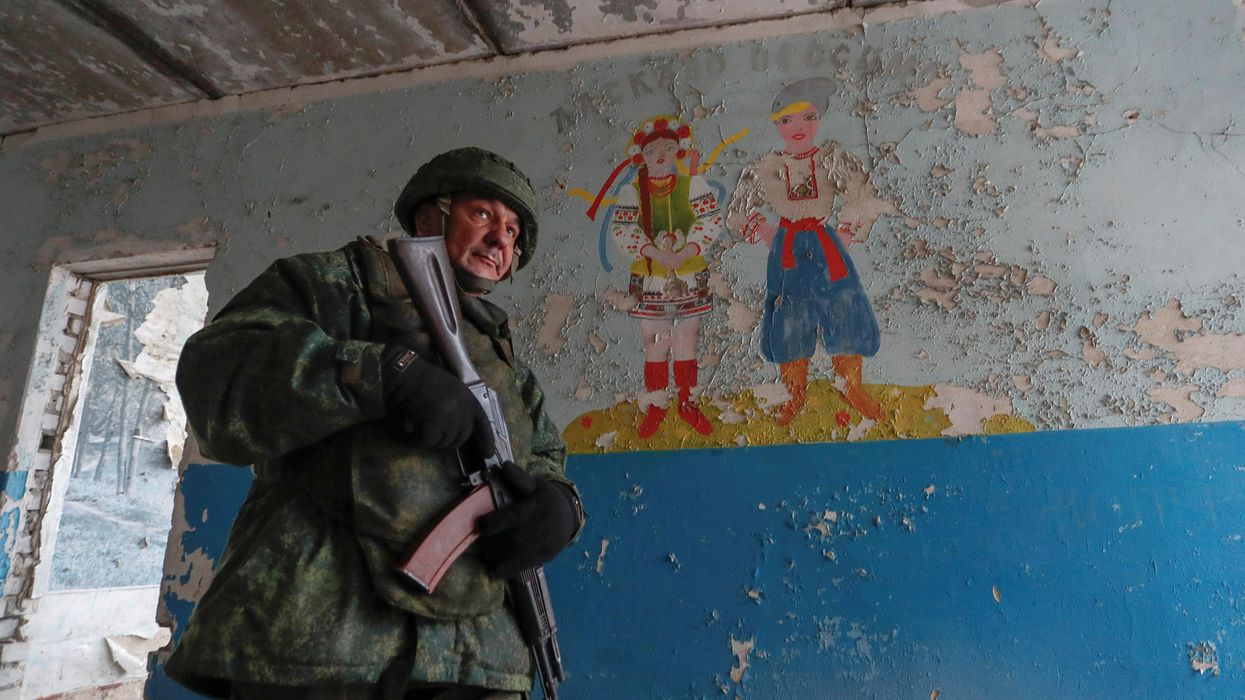Quick Take
Putin improves his hand in Ukraine
Ian Bremmer's Quick Take: You've probably seen the latest news that Luhansk has fallen. The Donbas, which is now the focus of the Russian war, not the entire focus, but certainly the lion's share of. It is comprised of two different administrative regions, one Donetsk, the other Luhansk. The Ukrainians had been giving a pretty solid fight, but they've been losing territory pretty consistently if slowly, over the last month and a half. And this means that Luhansk is now fully under Russian control.
Jul 05, 2022




